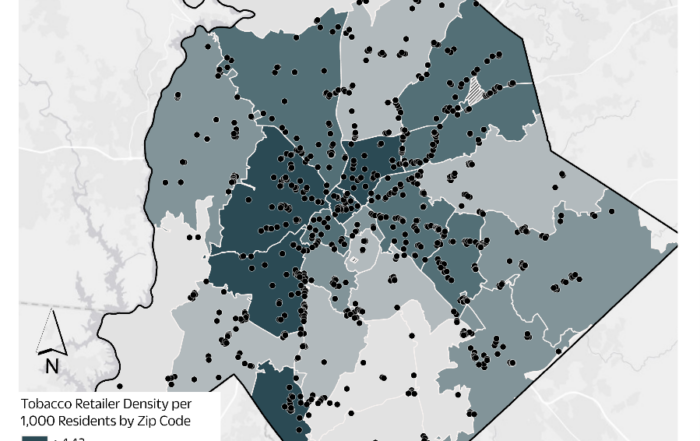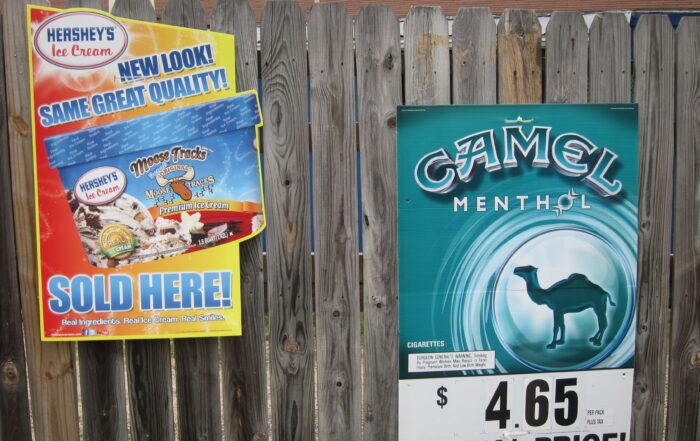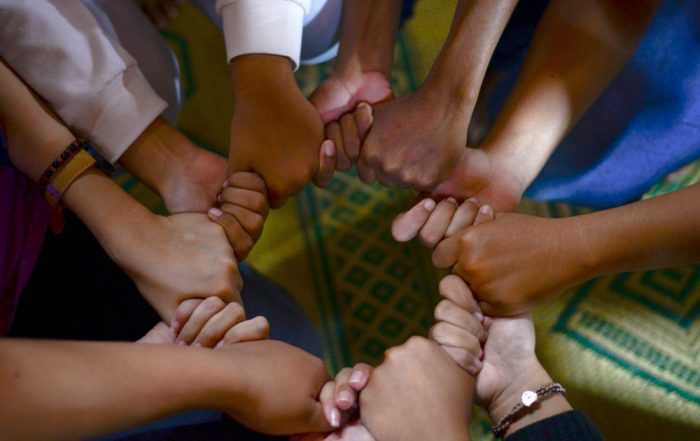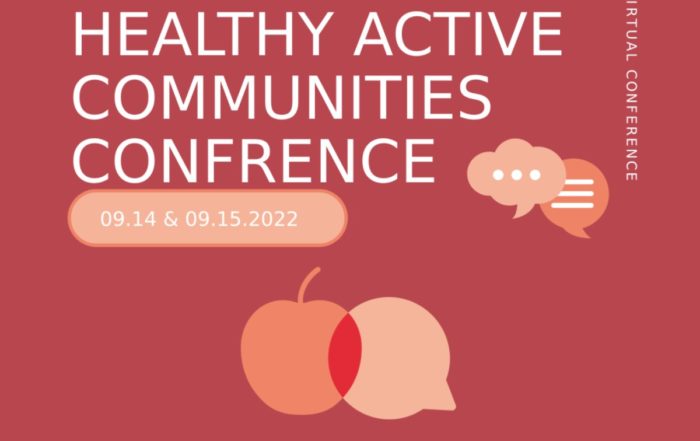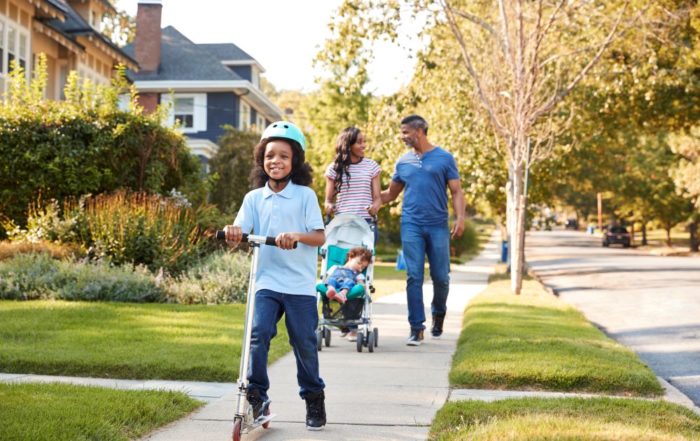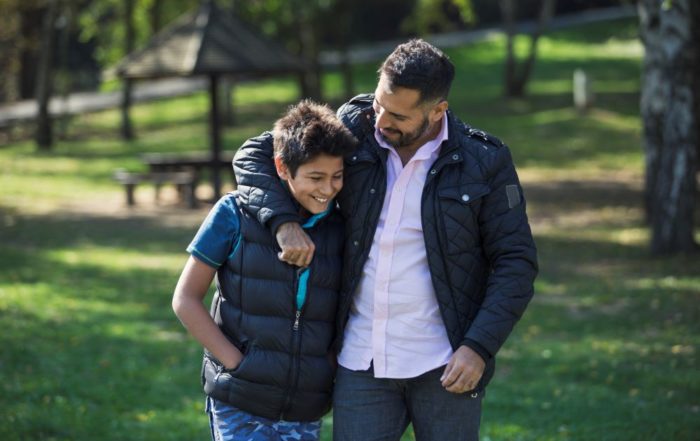Building a more equitable response to COVID-19
COVID-19 is the public health crisis of our lifetime. For individuals of color, low-income families, immigrants, and others who experience systemic inequities such as poverty and racism, the pandemic has created a crisis on top of a crisis. COVID-19 has exacerbated the impact of these inequities across the biggest drivers of health–the social and economic environment, health behavior, clinical care, and the physical environment. These inequities create unequal opportunities for individuals to stay healthy–and in times of emergencies or outbreaks, this harm is intensified.
Now more than ever, we have an opportunity to shape our future into one where healthy living is equitable across communities and every person has access to healthful choices. The way we respond to the pandemic will either perpetuate or begin to dismantle the long-standing inequities that have plagued communities of color. As NAATPN writes of the COVID Impact on African Americans and other priority populations:
The needed response must include credible, visible and coordinated leadership from within the most impacted communities in partnership with others vested in health equity and have major human and financial resources to bring to bear. The response must provide appropriate relief for communities and populations suffering the greatest burden from this global pandemic. Appropriate relief must be both comprehensive and sensitive to social and political determinants of health that would undermine our ability to completely recover from the immediate and long-term effects of this pandemic.
At Counter Tools, we are committed to creating policy, systems, and environmental changes that address these health disparities. We subscribe to the notion put forth in 1988 by the Institute of Medicine that the mission of public health is to assure conditions in which people can be healthy.
Our work as an organization has focused on how the places people live, work, learn, and play function as social determinants of health. Much of our past work has focused on healthy retail environments, especially addressing tobacco in the retail environment. These places and the policies, systems, and environmental factors that have shaped them historically and apply to them today are now increasing vulnerability to this virus, just as they increase vulnerability to tobacco use, tobacco-related disease, and other chronic health concerns. This pandemic is making clear and worsening many health disparities that underlie vulnerability to both chronic and emergent health concerns. We aim to be part of the solution moving forward to a new normal in which we build economies that support everyone’s health.
We are prepared to use our expertise in public health, technology tools, and policy change to help alleviate the burden this pandemic has placed on already marginalized communities and to continue to advance place-based public health and health equity. We continue to support our partners in telling a more complete story of their community’s health, powered by data and local knowledge. We are strengthening our efforts to address health equity, both internally as an organization, and externally with our partners.
Please reach out if you would like to work together to build the kind of equitable future we want for our communities.
For more on health equity, browse our related blog posts:
North Carolina’s Health Equity Impact Assessment reports
The Mecklenburg County Public Health (North Carolina) Tobacco Prevention and Control Team partnered with Counter Tools to publish a Health [More]
Delaying the rules to end menthol cigarettes will continue to cost lives
Yesterday the Biden administration announced that it will delay issuing the rules to eliminate menthol cigarettes and flavored cigars until [More]
Building healthier communities for all to reduce cancer risk
Researchers continue to uncover how health behaviors– like diet, physical activity, alcohol consumption, and tobacco use– can be risk factors [More]
Equity, Diversity, and Inclusion Client-Partner Feedback Survey
Our mission at Counter Tools is to empower communities to become healthier places for all. We are asking for feedback [More]
Healthy Active Communities Virtual Conference Sept 14-15
Counter Tools staff will be presenting at the Healthy Active Communities Conference September 14-15. HACC will be a place to [More]
Creating tobacco control policies that work toward health equity
Tobacco control policies must be formulated and examined with health equity at the forefront to directly address health inequities among [More]
An update to the Counter Tools mission
We recently updated our mission statement to the following: We empower communities to become healthier places for all. Our mission [More]
Protecting Local Authority to Adopt Local Solutions
Laws and policies adopted at the local level are tailored to their communities, improving health outcomes and reducing inequities. Local laws [More]

